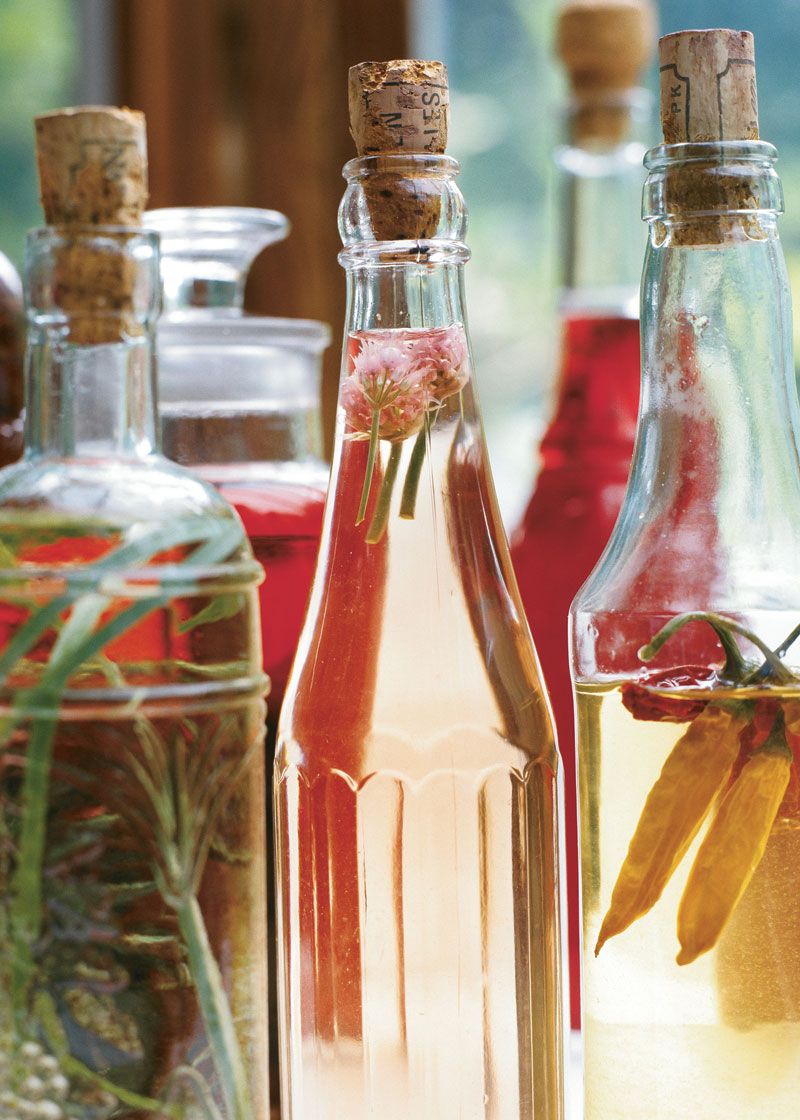
The more refined taste of the common chive goes well with lighter foods like salads, while the garlic chive is assertive and good for flavoring heartier, robust dishes (see my recipe for Garlic Chive and Rice Salad).
Fresh chives are available in markets through spring, summer, and fall, but these are often a large variety with a slightly coarser flavor. Frozen fresh, snipped leaves retain good flavor for up to three months. I snip my chives into an airtight container and use them through the winter, straight from the freezer.
The flowers of these alliums are a delight to the palate as well as to the eye. They taste very much like the leaves, with an onionlike aroma and flavor. The garlic chive flower is more pungent than the common chive’s.
When bringing flowers in from the garden, try to get rid of the insects outside. Gently rinse the flowers in cool water and pat them dry. Put chives and their flowers in a jar of water, as you would keep any flower in a vase. A note of caution: Always be sure you have correctly identified the flowers you are about to eat. Know where they come from and that they haven’t been treated with insecticide or other chemicals.
A chive flower is quite a mouthful, so you probably will want to separate it into florets for a more appealing size. To remove the stem and separate the florets, hold the blossom in one hand, with the stem facing out. Using a sharp pair of scissors make a V-shape cut deep inside the blossom, clipping on either side of the stem so the florets fall away.
 |
 |
|
| With a scissors, snip flowers to separate the florets into little bites of flavor. | ||
Handle garlic chive blooms in the same manner, but snip straight across the individual flower stem close to the flowers to eliminate most of the stem and get mainly the flowers. You can keep flowers in the refrigerator between damp paper towels for up to eight hours.
Use chive flowers anywhere you would use fresh chopped chives—to flavor butter, vinegar, sauces, soups, and vegetables. They are good with cheese and egg dishes, potatoes, and tomatoes. Use them to garnish salads (see my Spring Flower Salad recipe), grilled meats, and fish. They also make handsome cut flowers that hold up well in arrangements.
 |
 |
|
| Spring Flower Salad. | Garlic Chive and Rice Salad. |
If your summer garden has abundant chives, cut the blossoms and steep them in white wine vinegar for an allium-flavored salad vinegar (see below). Common chive blossoms lend a beautiful lavender color to vinegar. And for a delicious treat, dip garlic chive blossoms in a light batter and gently fry them until golden brown.
Infusing blossoms in vinegar
Infuse means to cause to be permeated with something; to steep in liquid without boiling.
Mild vinegars work best with blossoms. Imagine the taste of the flower and match it to a vinegar that will complement its flavor. Rice wine vinegar and white wine vinegar are mild and allow the flower’s flavor to come through. These vinegars will take on the color of the infused flowers.
 |
|
There are two ways to infuse vinegar with blossoms. In one method you heat the vinegar, in the other you let the sun warm and infuse the flavors. Always use clean, sterilized canning jars. Rinse the flowers and fill the jars halfway with them. To get the job done faster, heat the vinegar in a nonreactive pan until hot but not boiling. Pour the vinegar into the jar, leaving 1⁄2 in. headspace. Place a square of plastic wrap over the mouth of the jar and seal with the lid. Keep in a warm, dark place for two weeks while the flavors develop.
To use solar power, pour vinegar into the jar, leaving 1⁄2 in. headspace, cover with plastic wrap, and seal with the lid. Place in a sunny spot and let stand for three to four weeks.
Strain the vinegar through cheesecloth and pour into clean bottles. Add a few fresh sprigs of the same herb, if you like. Label the bottles and store them away from light.
Related article: How to Grow Chives
Fine Gardening Recommended Products
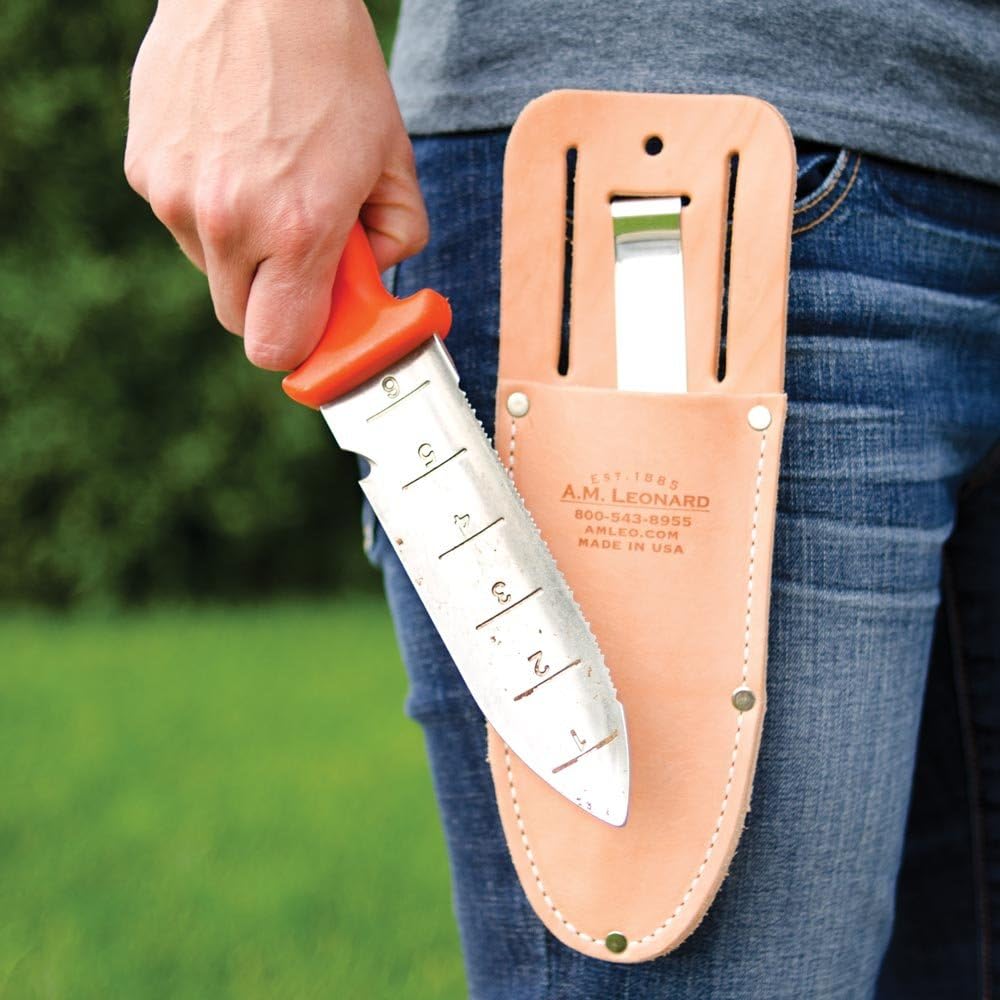
A.M. Leonard Deluxe Soil Knife & Leather Sheath Combo
Fine Gardening receives a commission for items purchased through links on this site, including Amazon Associates and other affiliate advertising programs.

The New Organic Grower, 3rd Edition: A Master's Manual of Tools and Techniques for the Home and Market Gardener, 30th Anniversary Edition
Fine Gardening receives a commission for items purchased through links on this site, including Amazon Associates and other affiliate advertising programs.
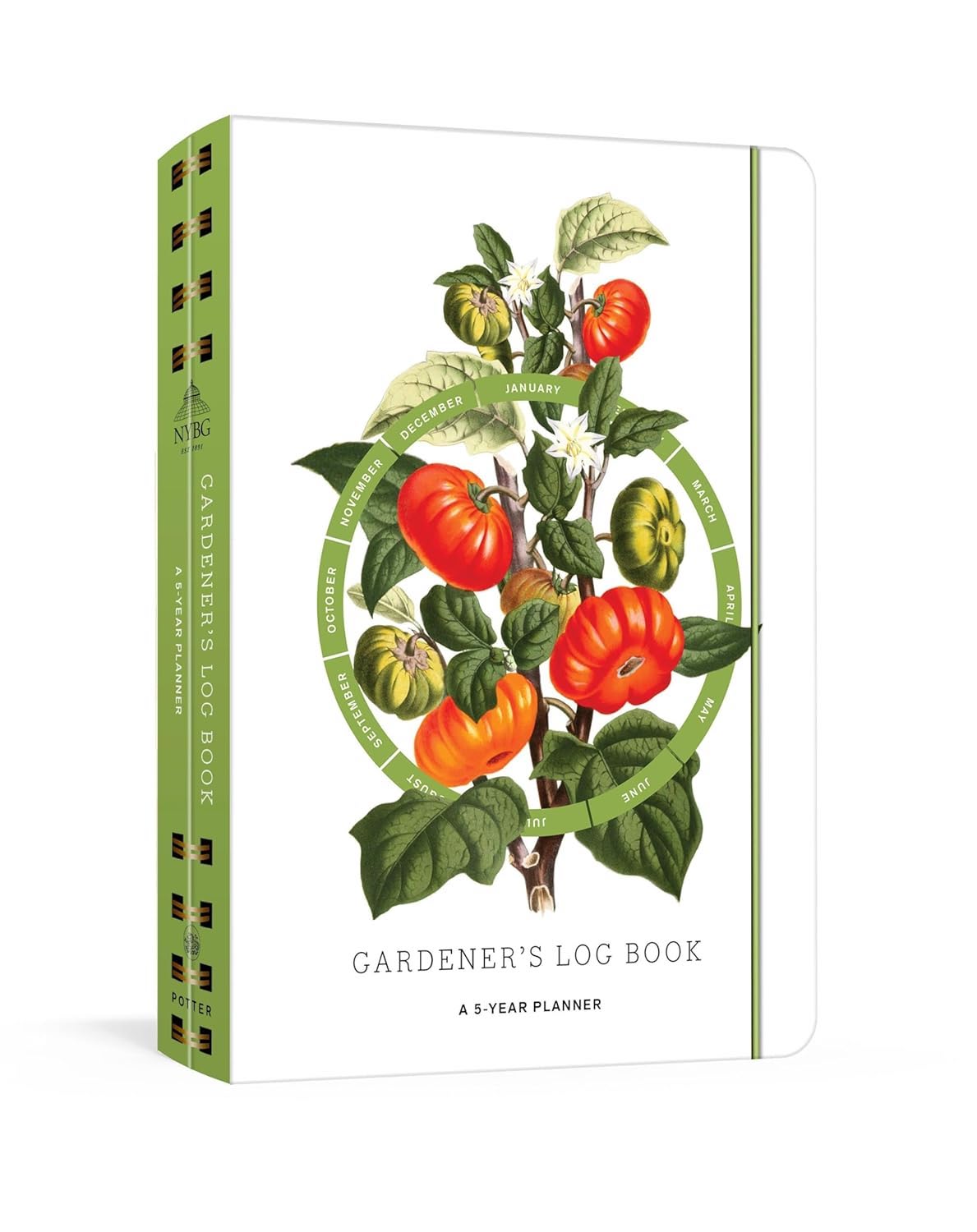
Gardener's Log Book from NYBG
Fine Gardening receives a commission for items purchased through links on this site, including Amazon Associates and other affiliate advertising programs.


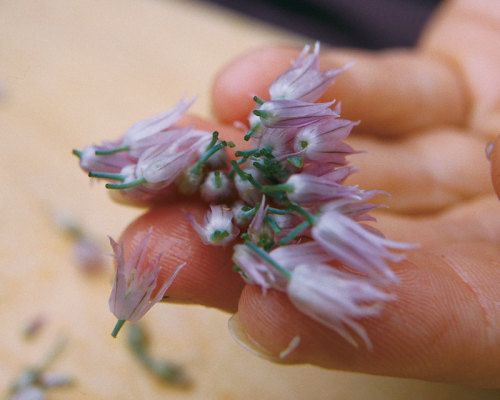
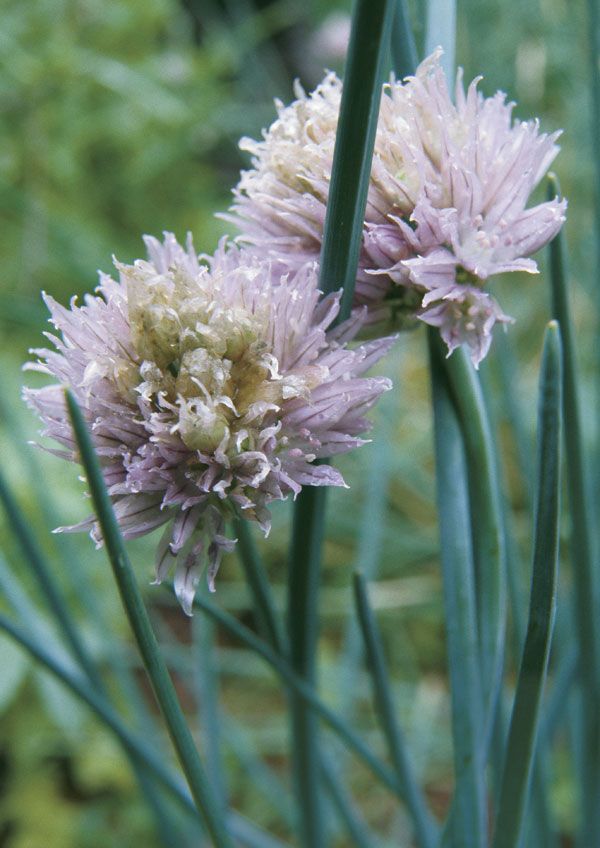
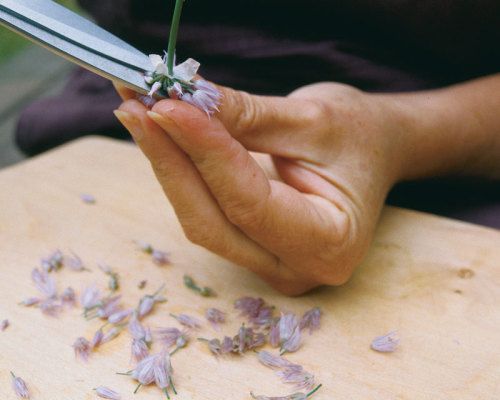



















Comments
Log in or create an account to post a comment.
Sign up Log in